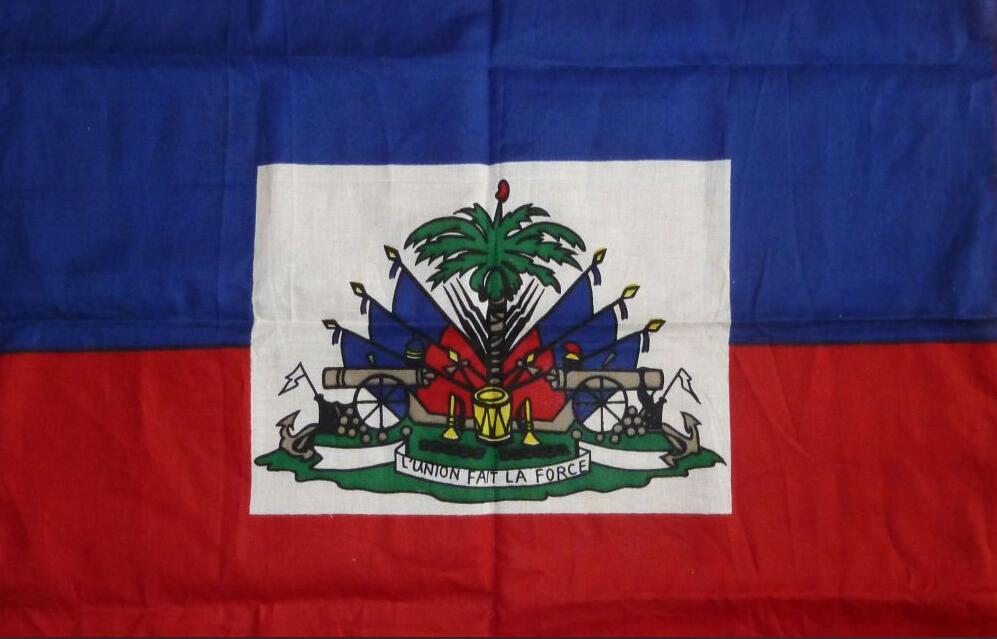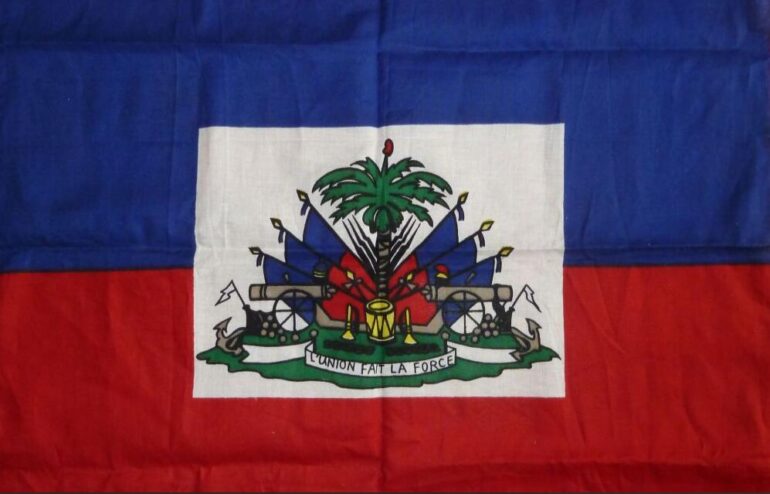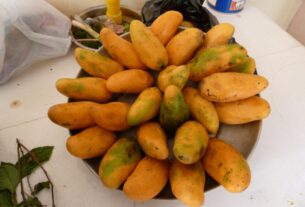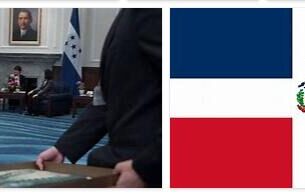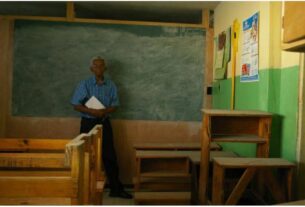Independence Day: January 1, 1804
Head of state: Jovenel Moïse
Head of government: Joseph Jouthe
Political system: Presidential Republic
Democracy Status Index (BTI 2019): 3.59, rank 116 (of 137)
Corruption Index (CPI): 18th, rank 168 (Transparency International 2019)
The 2010 elections
The elections shortly after the 2010 earthquake plunged the country into a political crisis fraught with unrest. The election campaign began on August 9, 2010, in which Wyclef Jean ran as an independent candidate alongside Michel Martelly (Repons Paysan) and the Jude Célestin (Inité), supported by René Préval, and Mirlande Manigat (RDNP). After Jean was not allowed to vote, none of the candidates could prevail in the first round. In the course of this ballot, there were violent riots and the looting of the polling stations. As a result, 12 of the candidates, including Martelly and Manigat, called for the election results to be annulled on suspicion of election fraud. Although the Joint Committee of Election Observers (JEOM)If the allegations were confirmed, the election was declared valid. Manigat and Célestin qualified for the runoff election. Due to violent protests and the relenting of the provisional electoral council, Célestin was excluded from the candidacy, and it finally came to the runoff between Martelly and Manigat, from which Martelly emerged as the winner with 67.6% of the vote. According to cheeroutdoor, Haiti is a country located in Caribbean sea.
The 2015 elections
The presidential elections took place in Haiti on October 25, 2015. Jovenel Moïse (Parti Haïtien Tèt Kale, PHTK) emerged victorious from this election with 32.8 of the votes cast, followed by Jude Célestin (Ligue Alternative pour le Progrès et l’Emancipation Haïtienne, LAPEH), who defeated Martelly in 2010 started with 25.8% of the vote. He was followed by Jean-Charles Moïse (Platform Pitit Desalin, PPD) with 14.3%. Since no candidate won an absolute majority in this election, a runoff election was scheduled for 27.12.2015, but for security reasons the CEP indefinitely postponed has been. President Martelly then set January 17, 2016 as the date for the runoff election, but moved it to January 24, 2016 on January 7, 2016. Célestin accused the government of electoral fraud and threatened to withdraw his candidacy, whereupon the CEP canceled the runoff elections again for security reasons.
On February 7, 2016, Martelly’s government ended and he left office without a successor. On February 14 the previous Senate President Jocelerm Privert was named as interim president by parliament. He was supposed to lead the country temporarily until a new president was elected and to ensure political stability. The runoff election, postponed several times, was supposed to take place on April 26th. However, Privert was unable to continue the elections within the given deadline and hand over the presidency to an elected president on May 14. Privert has therefore been the target of criticism from foreign diplomats, the opposition and former President Martelly. The population’s dissatisfaction with the postponement of the elections was expressed in demonstrations. In order to evaluate the elections carried out so far and to come to a decision on how to proceed, Privert set on April 29th. set up an independent commission to re- count the ballot papers and assess the course of the election. The work of the Commission was marked by inconsistencies about the size of the samples to be counted. The opponents of the counts did not shy away from using force. A police station in Les Cayes was opened in the course of the re-evaluation of the elections by a group of opposition members around the former police chief Guy Philippe ambushed. A date for the new elections has not been set for the time being. Privert was accused of deliberately delaying the elections in order to consolidate his own position of power. The election commission finally came to the conclusion that the presidential election of October 2015 should be completely canceled due to a large number of irregularities.
After the presidential elections had been repeatedly postponed, they were finally held on November 20, 2016. A few incidents were recorded, but overall the elections were relatively calm. Difficulties were reported, especially from the south of the country. In some polling stations, voter lists were incomplete and many voters had difficulty getting to polling stations due to the damage caused by Hurricane Matthew. There were 27 candidates to choose from, of which the most promising were Jovenel Moïse from the Tèt Kale party and Jude Célestin from the Ligue Alternative pour le Progrès et l’Emancipation Haïtienne, LAPEH.
The vote count showed that Jovenel Moïse had emerged as the winner of the presidential election. He received 55.7% of the vote, followed by Jude Célestin with 19.5% and Moïse-Jean Charles with 11%. Despite some irregularities, the election could be considered valid. Not least because of the aftermath of Hurricane Matthew, the turnout was low at 21%. While the votes were still being counted, some candidates from other parties claimed victory for themselves, but the riots were limited. On January 3rd, 2017 Jovenel Moïse became official confirmed as the new President of Haiti. Moïse, a 48-year-old businessman, stood for the Tèt Kalé party founded by Martelly and has no previous political experience. He is also known as Nèg banann nan (banana man) in Haiti.
